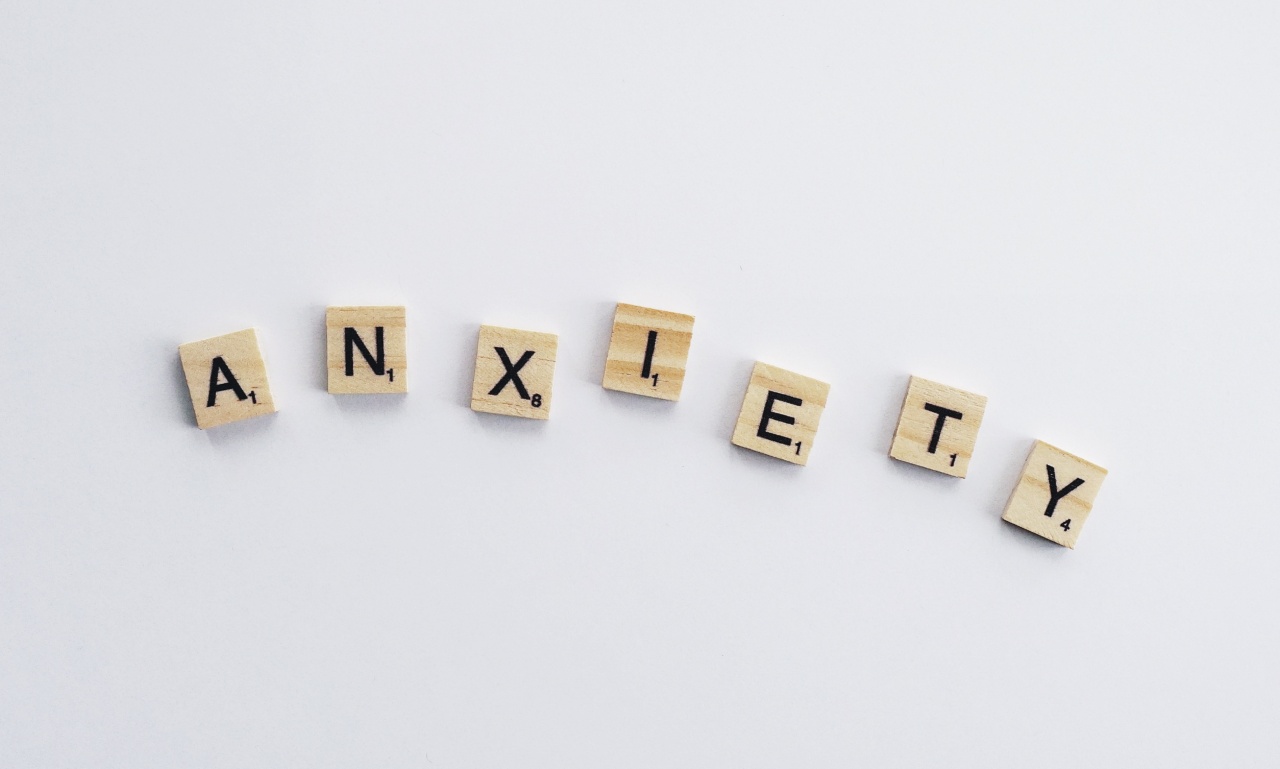Depression, anxiety and obesity are three common health issues that affect millions of people worldwide. While they may seem unrelated, there is actually a strong connection between these conditions.
This article will delve into the relationship between depression, anxiety, and obesity, and explore how these interrelated issues impact overall health.
Understanding Depression
Depression is a mental health disorder characterized by persistent feelings of sadness, hopelessness, and a lack of interest or pleasure in activities.
It is estimated that over 264 million people suffer from depression globally, making it a leading cause of disability worldwide.
Depression can have a profound impact on one’s physical health. People with depression often experience a decrease in energy levels, leading to a sedentary lifestyle and a lack of motivation to engage in physical activities.
This, coupled with changes in appetite and sleep patterns, can contribute to weight gain and ultimately obesity.
Anxiety and its Effects on Health
Anxiety, like depression, is a prevalent mental health condition that affects individuals of all ages. It is characterized by excessive worrying, restlessness, difficulty concentrating, and sleep disturbances.
Anxiety disorders impact around 284 million people globally, with women being more prone to developing anxiety than men.
Anxiety can have a direct impact on weight gain. Many people with anxiety turn to emotional eating as a coping mechanism, resulting in overeating and the consumption of unhealthy food choices.
These unhealthy eating habits, combined with a sedentary lifestyle often associated with anxiety, can contribute to obesity.
The Connection Between Depression, Anxiety, and Obesity
There is a bidirectional relationship between depression, anxiety, and obesity. Individuals suffering from depression and anxiety are at a higher risk of developing obesity, and vice versa. This connection can be attributed to several factors.
Firstly, there is a hormonal link between these conditions. Stress hormones, such as cortisol, are released in response to both psychological stress (depression and anxiety) and physiological stress (obesity).
Increased cortisol levels can influence appetite, leading to cravings for high-calorie foods.
Secondly, these conditions often share underlying genetic and biochemical factors. Studies have found that certain genetic variations may increase susceptibility to both depression and obesity.
Additionally, neurotransmitters such as serotonin, commonly known as the “feel-good” neurotransmitter, play a role in regulating mood, appetite, and satiety.
Thirdly, the social and psychological factors associated with depression and anxiety can contribute to obesity.
People with depression and anxiety may experience social isolation, low self-esteem, and poor body image, all of which can influence overeating as a form of self-soothing or emotional comfort.
The Impact on Physical Health
The combination of depression, anxiety, and obesity can have severe implications for physical health.
Obesity is linked to a higher risk of developing a range of chronic conditions including cardiovascular disease, type 2 diabetes, and certain types of cancer. When depression and anxiety are also present, these risks are further amplified.
Depression and anxiety can exacerbate the negative health consequences of obesity. People with depression and anxiety may have difficulties adhering to a healthy diet and exercise routine, further worsening their weight problems.
These conditions can also increase the likelihood of engaging in unhealthy behaviors such as smoking or excessive alcohol consumption, further compounding the health risks.
The Importance of Treatment and Support
It is crucial to address depression, anxiety, and obesity holistically to improve overall health and well-being. Seeking professional help is paramount in managing these conditions effectively.
Treatment options for depression and anxiety may include therapy, medication, lifestyle modifications, and support groups.
Addressing underlying psychological issues and developing healthy coping mechanisms can help individuals manage their mental health and reduce the risk of obesity.
For obesity, a multi-disciplinary approach is typically recommended.
This may include working with a dietitian or nutritionist to develop a balanced meal plan, incorporating regular physical activity, and seeking psychological support to address emotional eating patterns and body image concerns.
Support systems are also essential for individuals dealing with these interconnected issues. Friends, family, and support groups can provide encouragement, understanding, and accountability throughout the treatment process.
Conclusion
Depression, anxiety, and obesity are interconnected health issues that can significantly impact an individual’s overall well-being.
Understanding the connection between these conditions is important in order to develop effective prevention strategies and treatment plans. By addressing mental health concerns and adopting healthy lifestyle habits, individuals can improve their physical health and reduce the risks associated with these conditions.































